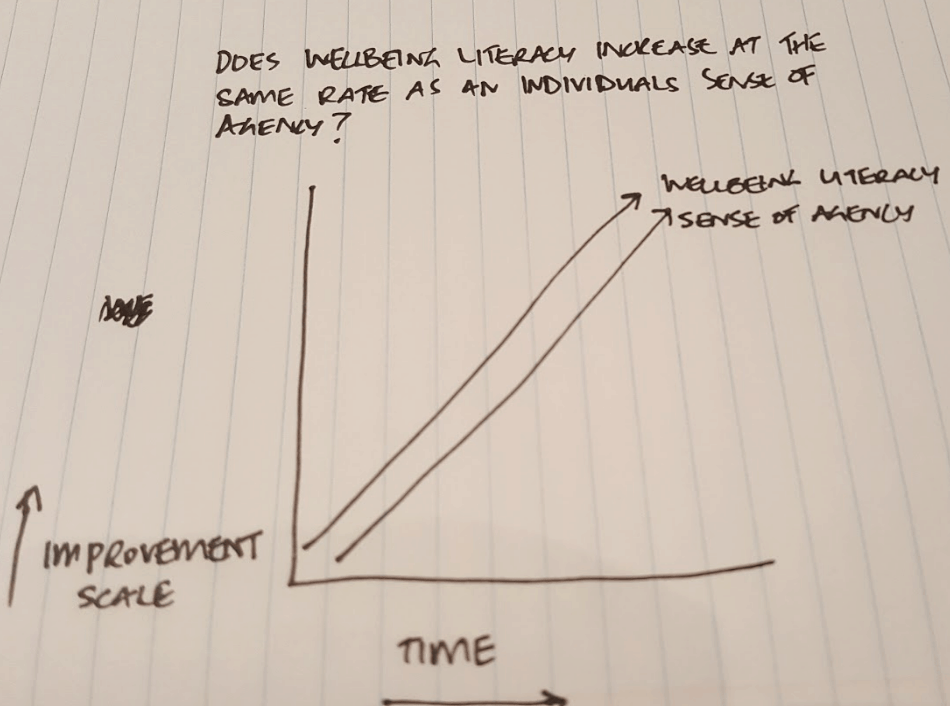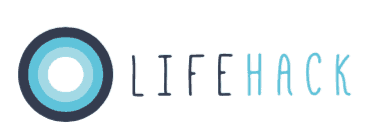Introducing a sixth capital: Wellbeing
 Over the past two years Lifehack has been exploring and experimenting with the concept of ‘capitals’ borrowed from Zaid Hassan over at Social Labs. Since the early days we’ve been using the concept of five capitals to assess if and where Lifehack makes a difference (more below).
Over the past two years Lifehack has been exploring and experimenting with the concept of ‘capitals’ borrowed from Zaid Hassan over at Social Labs. Since the early days we’ve been using the concept of five capitals to assess if and where Lifehack makes a difference (more below).
Lifehack works with people who are alongside young people through improving their capacity and capability. We do so by introducing new skills, building social connection amongst people and hosting spaces of trust and collaboration where ideas can be be generated and iterated upon. What this means, is that there isn’t a nice and easy, straightforward way of figuring out whether our work is effective or not.
Through identifying the growth of participants in the capitals that we measure, we understand the types of impact that our programmes are having the lives of young New Zealanders more fully.
To date, we have been exploring these five capitals:
- Physical/digital capital – new services or infrastructure such as project interventions
- Human capital – new capacities and skills that people acquire throughout a process
- Social capital – increased trust and collaboration that manifests itself amongst a group of people
- Intellectual capital – any new knowledge, insights and learning generated during the programme
- Economic capital — financial contribution or output, whether in-kind or otherwise
For a more elaborate explanation of this approach and what each capital means to us, head over to this blog post here.
As part of our Fellowship evaluation last year we waded through the data generated. We came to understand that there was a new domain developing: wellbeing. What we were seeing is that for some people, the combination of improved social connection, increased sense of agency to act on things that matter, sharing knowledge through āko (Māori word for learning and teaching) for many Fellows built confidence, identity and inclusion — all things that positively contribute to the wellbeing of us all.
With this in mind, we decided to start further exploring the role of wellbeing in self and others as a distinct domain to evaluation. When we are looking at the changes in people’s self-reported levels of wellbeing at the time, we observed that as people developed an increased sense of agency to contribute meaningfully to the things that mattered to them, so did their wellbeing.
This year, we are specifically interested in whether there is a correlation between the rate at which individuals increase their sense of agency to make change (ie. feeling ready and able) and improvements in wellbeing literacy (ie. the knowledge and ability to use tools to enhance and maintaining wellbeing).
Watch this space
Follow our exploration of this question and others through the #flouriship hashtag and subscribing to our newsletter. We will also be sharing our findings in due course.


Thanks for sharing your learning journey here. I’m really interested in the framework you’re using and curious about one thing in particular here: why don’t you see wellbeing as part of human capital?
I guess I should explain the angle I’m coming from is based on the ‘capabilities approach to wellbeing’, developed by Amartya Sen and Martha Nussbaum, which is about the freedoms people have to function in ways that mean they live ‘a good life’. From this perspective, I would have thought ‘human capital’ was all about capabilities for wellbeing.
See e.g.
http://link.springer.com/article/10.1007/s11205-005-6518-z
http://people.wku.edu/jan.garrett/ethics/nussbaum.htm
https://en.wikipedia.org/wiki/Capability_approach
Thanks for your thoughts Emma! You definitely raise a great question. You could even argue that wellbeing capital is already wrapt up in social and intellectual capital too, right? We’re just interested in turning our mind specifically to the impacts of our programmes and events on wellbeing – both for the individuals we’re working with, and the people who they go on to interact with.
We’re continuing to explore this, so please do share any learnings you find in your research and work!